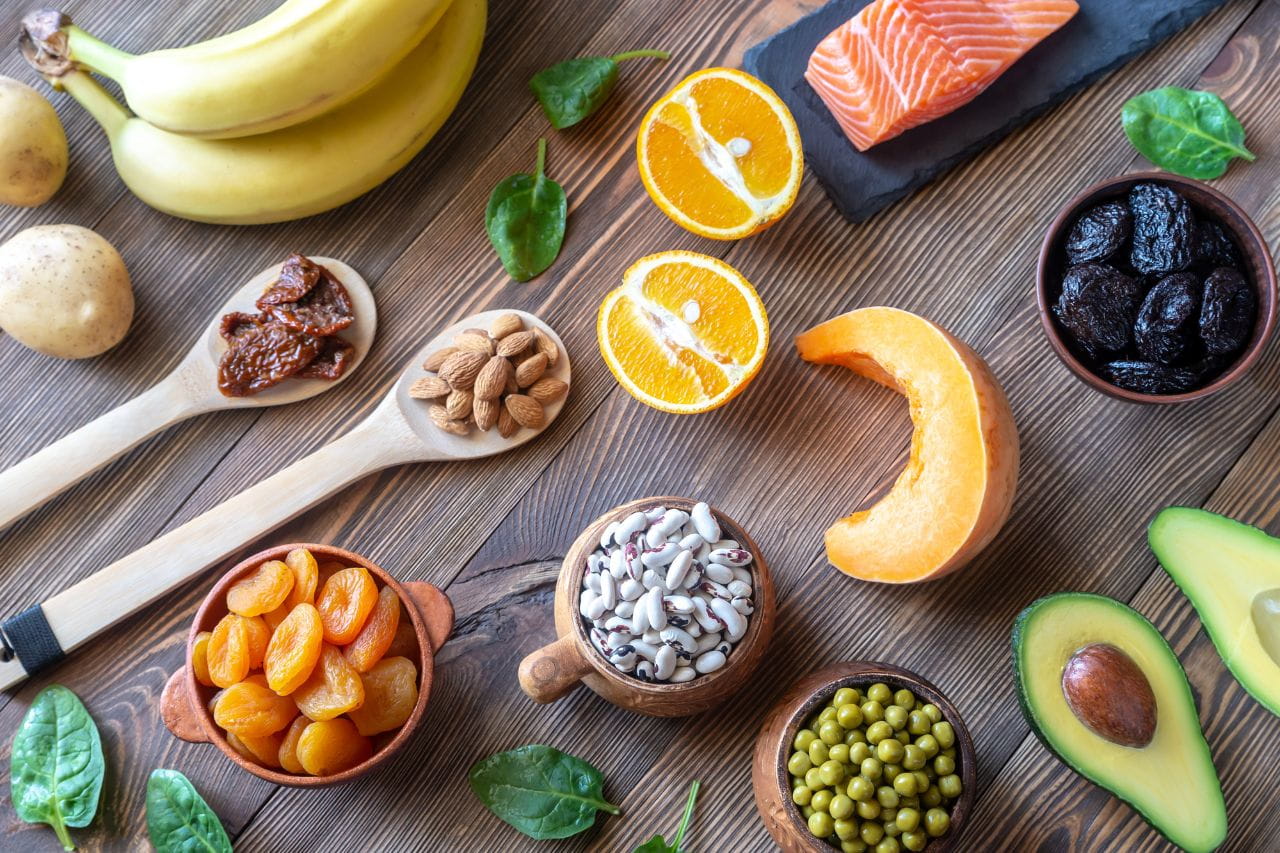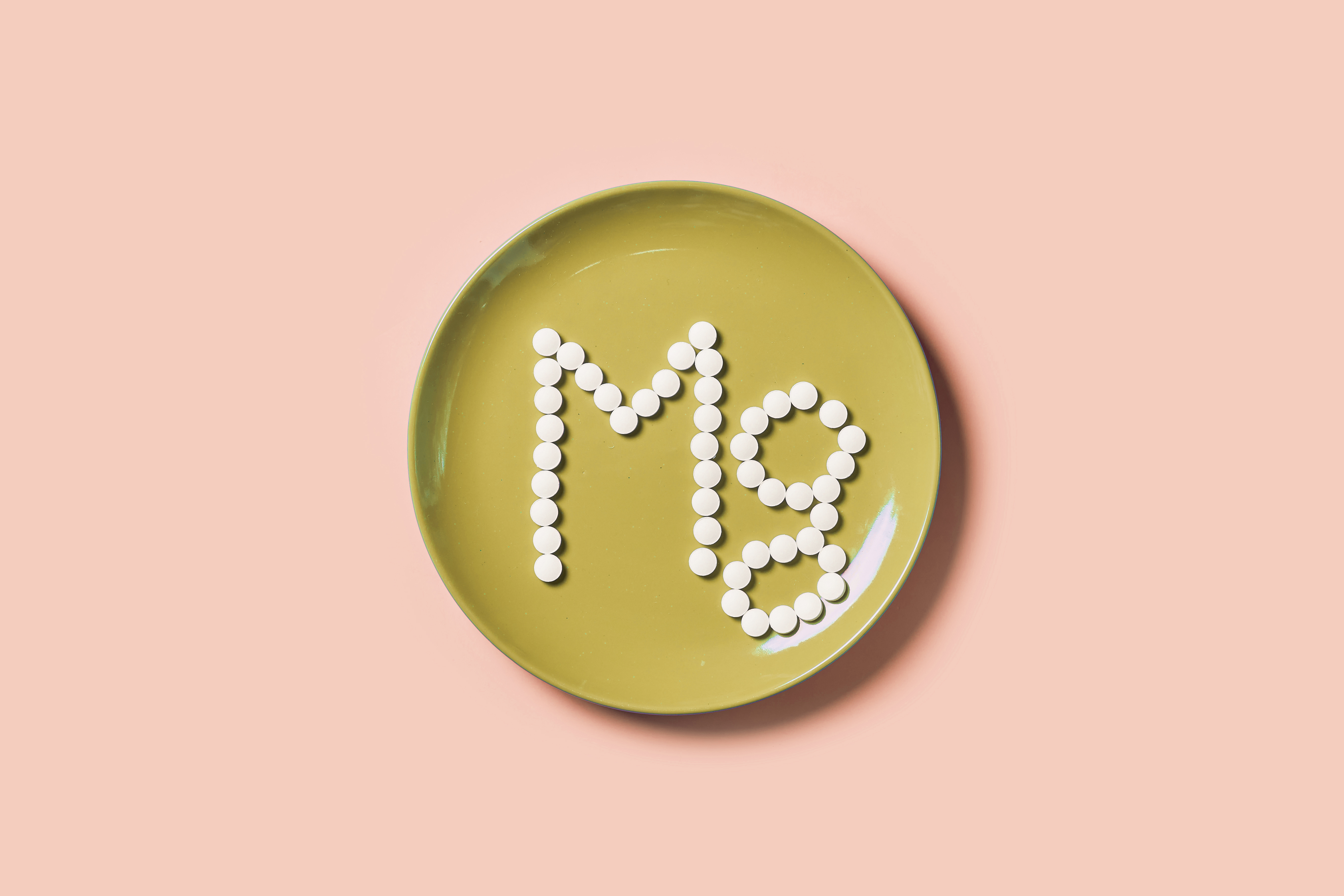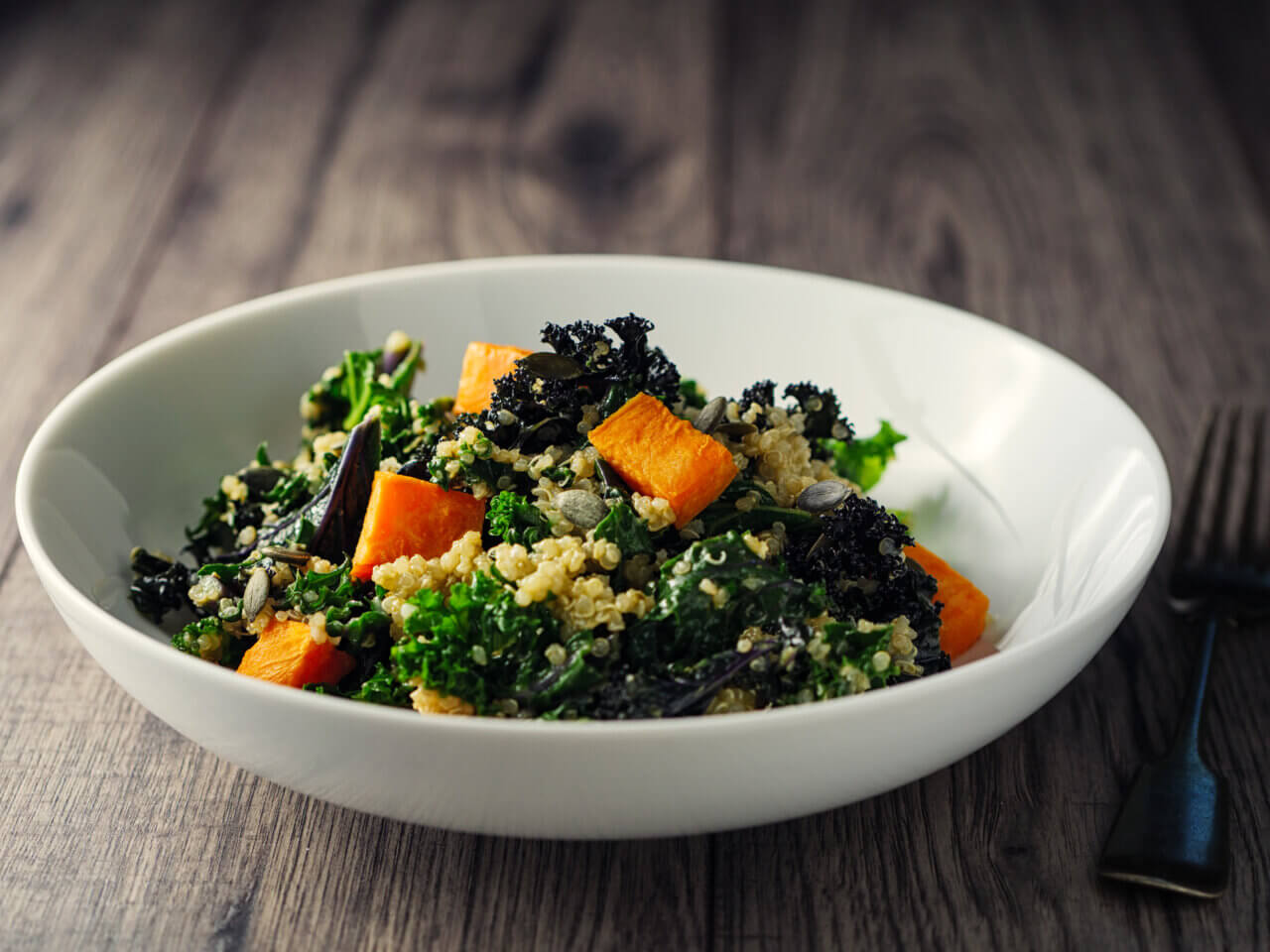10 Potassium-Rich Foods

Potassium is a mineral that every tissue in your body needs. It supports several vital processes necessary for good health.
People aware of potassium’s crucial role in the body typically know it’s available in significant amounts in bananas. But they are just one of several foods that can help you get the necessary potassium. In fact, many items contain more potassium per serving than bananas.
This article provides information on potassium-rich foods.
Of course, this isn’t a complete list of potassium-rich foods, as many others — from tomato paste to yams to Swiss chard — could be added. But the bottom line is that if you need more potassium in your diet, you have options for getting it!
If you experience low potassium symptoms, talk with your Baptist Health doctor or nutritionist. They can determine the cause and advise you on achieving and maintaining a healthy potassium level.
How long does it take to recover from low potassium? Treatment can increase your potassium level in anywhere from a few hours to a few weeks, depending on several factors. The key is to get your condition diagnosed so you can take action to correct the problem.
People aware of potassium’s crucial role in the body typically know it’s available in significant amounts in bananas. But they are just one of several foods that can help you get the necessary potassium. In fact, many items contain more potassium per serving than bananas.
This article provides information on potassium-rich foods.
What Does Potassium Do?
Potassium affects a variety of organs and body functions, including your:
- Heart
- Kidneys
- Nerves
In addition, potassium facilitates the transport of nutrients to cells throughout the body.
How much potassium do you need per day? Nutrition experts say women should consume 2,600 milligrams of potassium daily, and men should get 3,400 milligrams. However, it’s estimated that well under 1% of Americans reach their recommended daily value (DV).
Low Potassium Symptoms
Potassium deficiency (hypokalemia) can cause several symptoms, including:
- Muscle weakness or cramps
- Fatigue
- Constipation
- Increased risk of kidney stones
- Elevated blood pressure
- Loss of calcium from the bones
- Irregular heart rate (if sufficiency is severe)
Delicious Potassium-Rich Foods
One of the great things about increasing the amount of potassium in your diet is that so many delicious foods contain it. Ten potassium-packed foods are listed below.1. Sweet potatoes
One cup of sweet potato has 16% of the potassium DV. Plus, sweet potato is low in fat and a good source of fiber, carbs, and vitamin A, making it a great alternative to white potatoes.2. Avocados
A whole avocado provides nearly 15% of the daily potassium requirement. You also get significant amounts of vitamin K, folate, and healthy fats from avocados. Plus, they’re low in sodium, which is helpful for people seeking potassium to address high blood pressure.3. Watermelon
Approximately an eighth of a standard watermelon (two wedges) delivers almost 14% of the potassium DV. This delicious fruit also contains protein, fiber, magnesium, and vitamins C and A.4. Coconut water
One cup of coconut water contains 13% of the DV for potassium and is also a good source of manganese, sodium, and magnesium. In addition, it has natural sugars for energy, making it great for hydrating during workouts.5. Spinach
Spinach is an excellent source of potassium. You get 12% of the DV from one cup of frozen spinach and 11% from three cups of raw spinach. And that’s just the beginning, as this vegetable is packed with vitamins A and K, folate, and magnesium.6. Beans
In addition to being a healthy source of plant-based protein and complex carbs, beans have plenty of potassium. For example, one cup of white beans has an impressive 21% of the potassium DV.7. Potatoes
A medium-sized potato can provide 12% of the DV for potassium. The actual percentage varies based on the soil in which potatoes are grown, but they’re a good source of potassium regardless.8. Fish
Some types of fish are excellent sources of potassium. For example, half a filet of cooked salmon provides over 20% of the daily potassium requirement. Salmon and other fatty fish are also rich in heart-healthy omega-3 fatty acids.9 Beets
One cup of boiled beets contains 11% of the DV for potassium, along with nitrate (which supports proper blood vessel function) and folate.10. Pomegranates
Pomegranates are a very healthy fruit. In addition to 14% of your potassium DV, one whole pomegranate has more protein than many other fruits, folate, and vitamins K and C.Of course, this isn’t a complete list of potassium-rich foods, as many others — from tomato paste to yams to Swiss chard — could be added. But the bottom line is that if you need more potassium in your diet, you have options for getting it!
What Causes Low Potassium?
It’s essential to get enough potassium in your diet. However, a lack of dietary potassium rarely causes potassium deficiency. People who are especially low in potassium often have other health issues, like conditions that cause fluid loss through vomiting or diarrhea, or they take medications like diuretics.If you experience low potassium symptoms, talk with your Baptist Health doctor or nutritionist. They can determine the cause and advise you on achieving and maintaining a healthy potassium level.
How long does it take to recover from low potassium? Treatment can increase your potassium level in anywhere from a few hours to a few weeks, depending on several factors. The key is to get your condition diagnosed so you can take action to correct the problem.



